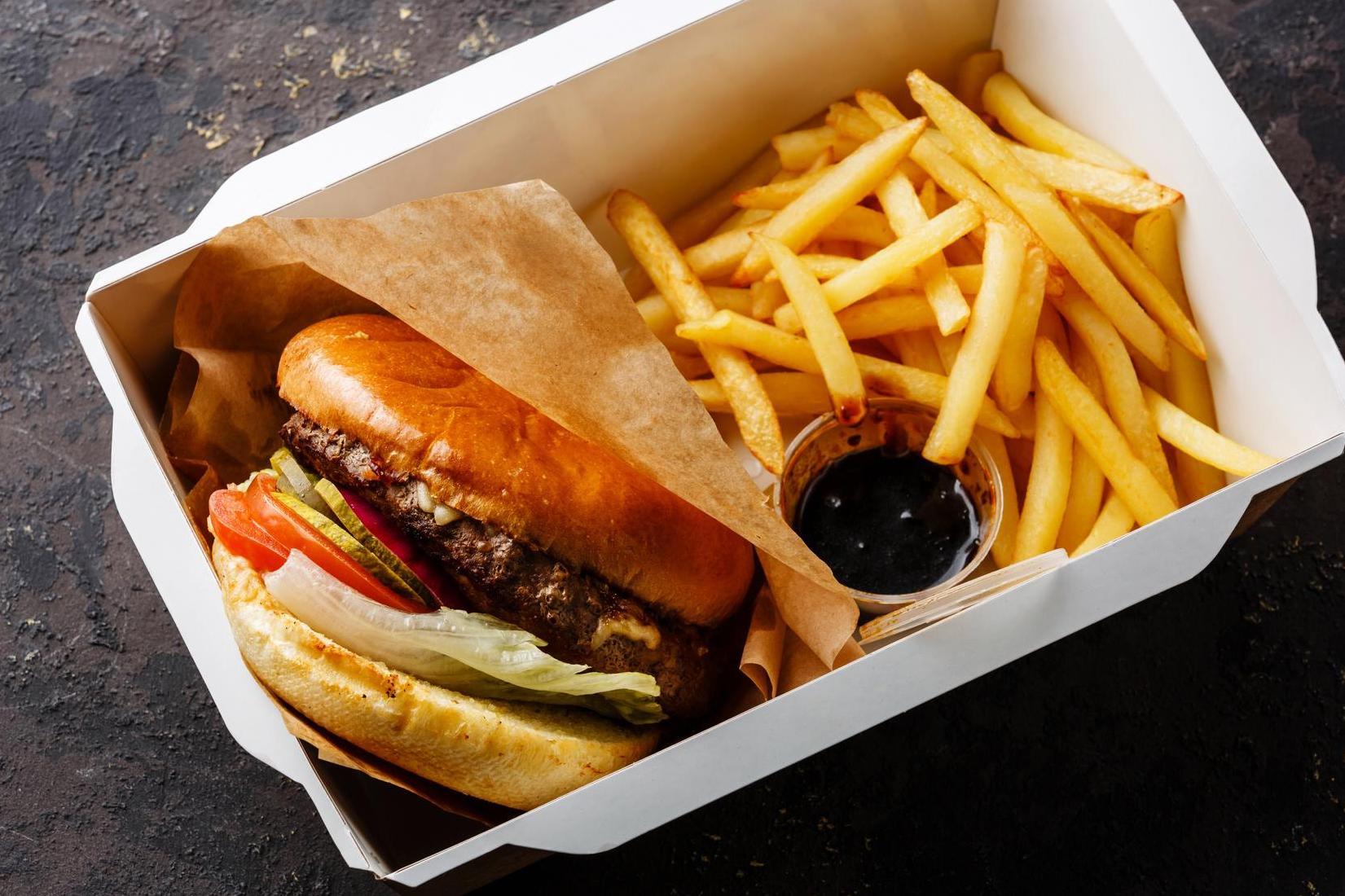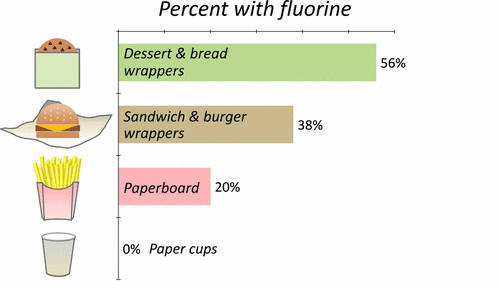How fast food packaging is worse for your health than the meal it contains
Just when you thought fast food was getting healthier...

Your support helps us to tell the story
From reproductive rights to climate change to Big Tech, The Independent is on the ground when the story is developing. Whether it's investigating the financials of Elon Musk's pro-Trump PAC or producing our latest documentary, 'The A Word', which shines a light on the American women fighting for reproductive rights, we know how important it is to parse out the facts from the messaging.
At such a critical moment in US history, we need reporters on the ground. Your donation allows us to keep sending journalists to speak to both sides of the story.
The Independent is trusted by Americans across the entire political spectrum. And unlike many other quality news outlets, we choose not to lock Americans out of our reporting and analysis with paywalls. We believe quality journalism should be available to everyone, paid for by those who can afford it.
Your support makes all the difference.We all know fast food is not good for us - greasy chips, deep-fried chicken and salty burgers may be delicious, but most of us keep them as an occasional treat with our health in mind.
It turns out, however, there’s more to worry about at fast food restaurants than just the actual food you’re consuming: the packaging likely contains harmful chemicals too.
A lot of the paper wrapping and cardboard boxes in which your burger and fries are served is coated with a chemical that repels grease, but may consist of fluorinated compounds, a new study has found.
These compounds, known as per- and polyfluoroalkyl substances (or PFASs) are highly persistent synthetic chemicals, “some of which have been associated with cancer, developmental toxicity, immunotoxicity,” the report explains.
And the trouble is that the PFASs leach into food, so you consume the chemicals even without ingesting the packaging itself - various studies have confirmed this. What’s more, both the temperature of the food and how long it remains in the packaging affects how many chemicals seep in.
After collecting around 400 food packaging samples from fast food restaurants around the US, the researchers found that 46 per cent of paper wrapping and 20 per cent of cardboard containers contained detectable fluorine.
Breaking it down further, the study discovered that 56 per cent of dessert and bread wrappers, 38 per cent of sandwich and burger wrappers and 0 paper cups contained fluorine.

Whilst you might think oily burgers would be most in need of the grease-resistant packaging, the research reveals that it’s actually desserts and breads that we need to be most wary of. Pizza boxes and popcorn packets are known culprits too.
PFAS are a type of perfluorinated chemical (PFC), which have for a long time been known to cause an array of severe health consequences including reduced fertility, increased cholesterol, weakened immune system and higher cancer risk.
And they’re not just found in food-packaging either - PFC’s water-resistant nature means they’re commonly used in lots of household and everyday objects like frying pans, water-resistant clothing, cleaning products, paints and varnishes, shampoo, makeup and dental floss.
It’s a long and worrying list, suggesting these chemicals are hard to avoid in most of our daily lives unless we run away to the mountains and live like cavemen.
So how can you reduce your exposure without taking such drastic measures?
Avoiding fast food restaurants might be a good place to start, or you could try asking for your burger served straight into your hands - or mouth.
Join our commenting forum
Join thought-provoking conversations, follow other Independent readers and see their replies
Comments